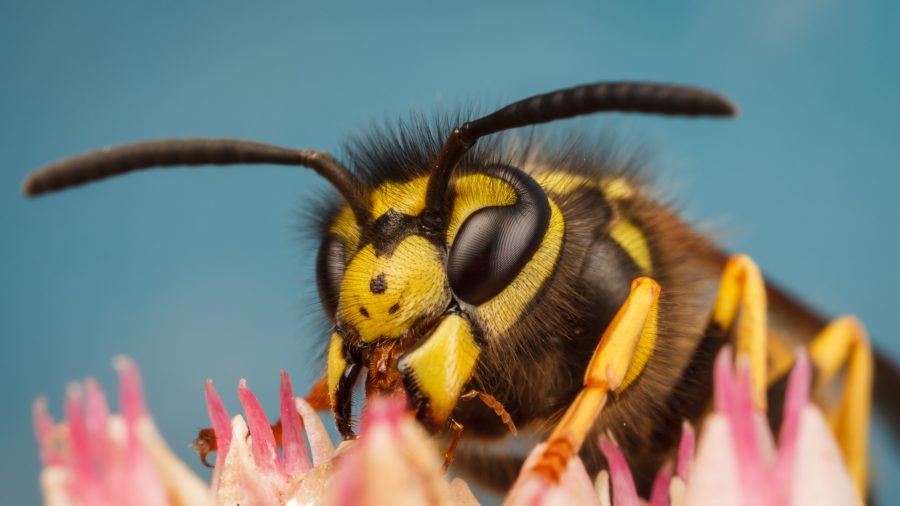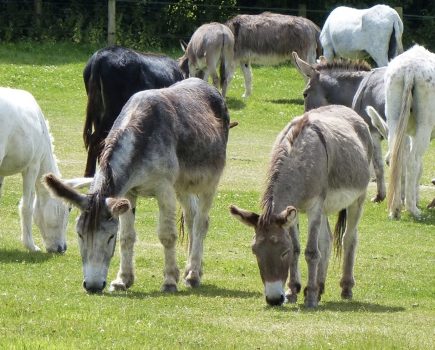The Royal Horticultural Society (RHS) has made its predictions for the year ahead, with ‘regenerative gardening’ and embracing nature’s ‘unloved’ critters, including slugs and wasps, both on the agenda.
The predictions, based on horticultural trends and gardener enquiries, centre around the move towards Planet Friendly Gardening, with gardeners finding new ways to encourage even more wildlife onto their patch, trying innovative sustainable techniques to improve their soil and be ‘waterwise’. Non-traditional lawns, green landscaping and the welcoming back of previously undesirable garden visitors also make the list for 2023.
Among the RHS’ 2023 gardening predictions are:
Regenerative gardening: With peat-based bagged compost set to be banned in the UK in 2024, more gardeners will seek out environmentally-friendly wood-based compost alternatives. Seaweed and biochar feeds could be used to complement these alternatives. Comfrey and winter beans can be grown as green manures to help fix nitrogen and other nutrients into the soil and provide habitat and food for wildlife. Comfrey ‘Bocking 14’ can be grown and used directly as a mulch or made into a sustainable liquid feed that supports the growth of newly planted crops.
Herb gardens: Herbs are a cheap and easy way for people to add extra flavour to meals, and searches for herbs were up almost 600% this autumn, compared to 2021. The most sought after varieties were classics such as mint and coriander, with the addition of more unusual varieties including edible flowers and lemon balm. Most herbs are easy to grow from seed, providing another cost saving, and can be sown indoors from March-April and outside from April-August. Many culinary herbs are hardy and perennial and will improve year on year.
Dried flowers: Dried and pressed flowers are very much back in fashion, making a charming addition to rooms in posies, wreaths or garlands. This is the latest in the rise in all kinds of traditions skills and crafts including natural dyes, scything and foraging. Explore the creative courses and workshops offered by the RHS at www.rhs.org.uk/educationlearning/courses-workshops
Embracing nature’s unloved: Even more traditionally unpopular species are being embraced by gardeners for the unexpected benefits they can bring. The RHS Garden Advice service is receiving more enquiries about encouraging a greater abundance of wildlife to their gardens to fend off more troublesome species – some of which have themselves been labelled garden pariahs in the past. These include wasps that will predate caterpillars, slugs that can help recycle decaying material and aphids that provide food for favourites such as ladybirds and lacewing and hoverfly larvae. Guy Barter, RHS Chief Horticulturist, said: “This year we expect gardeners to garden more than ever with nature and the environment in mind, a trend that has been swelling year on year and is set to become the main concern of Britain’s gardeners.”
For more information about the RHS and its work visit: www.rhs.org.uk
This article was featured in The Country Smallholder magazine. To subscribe, click here.








